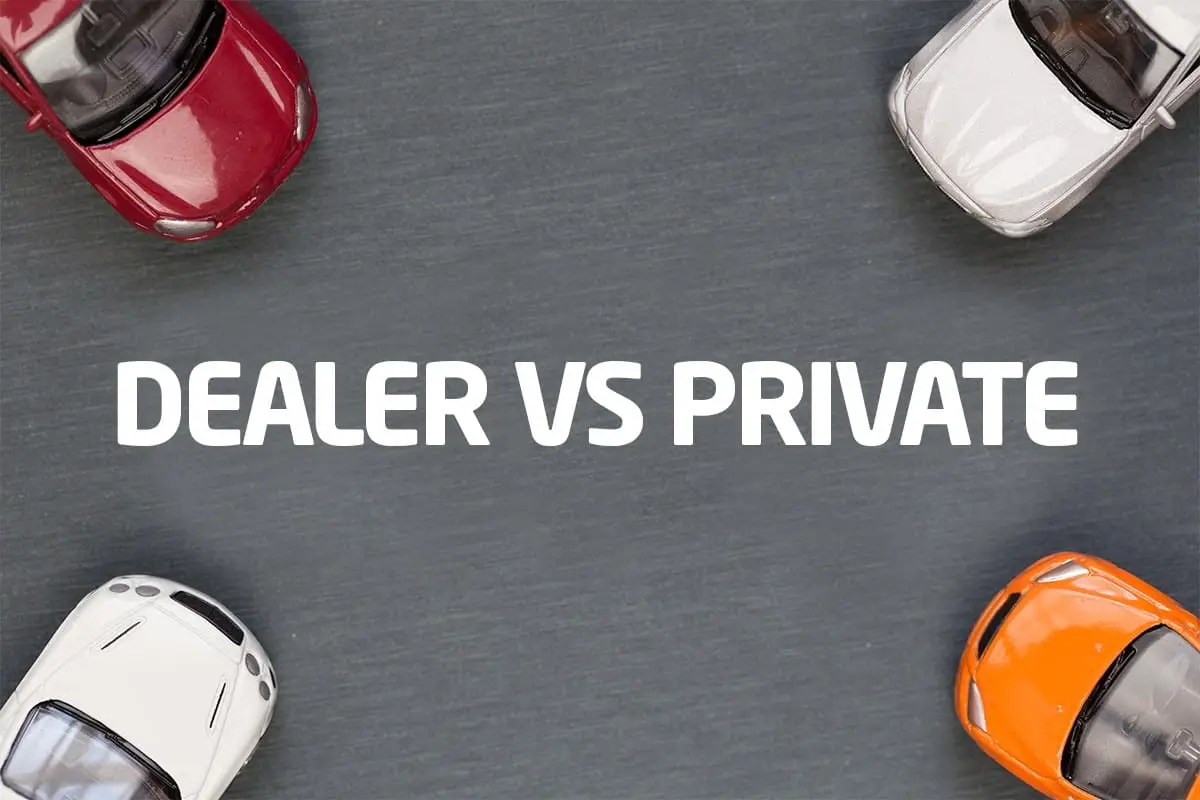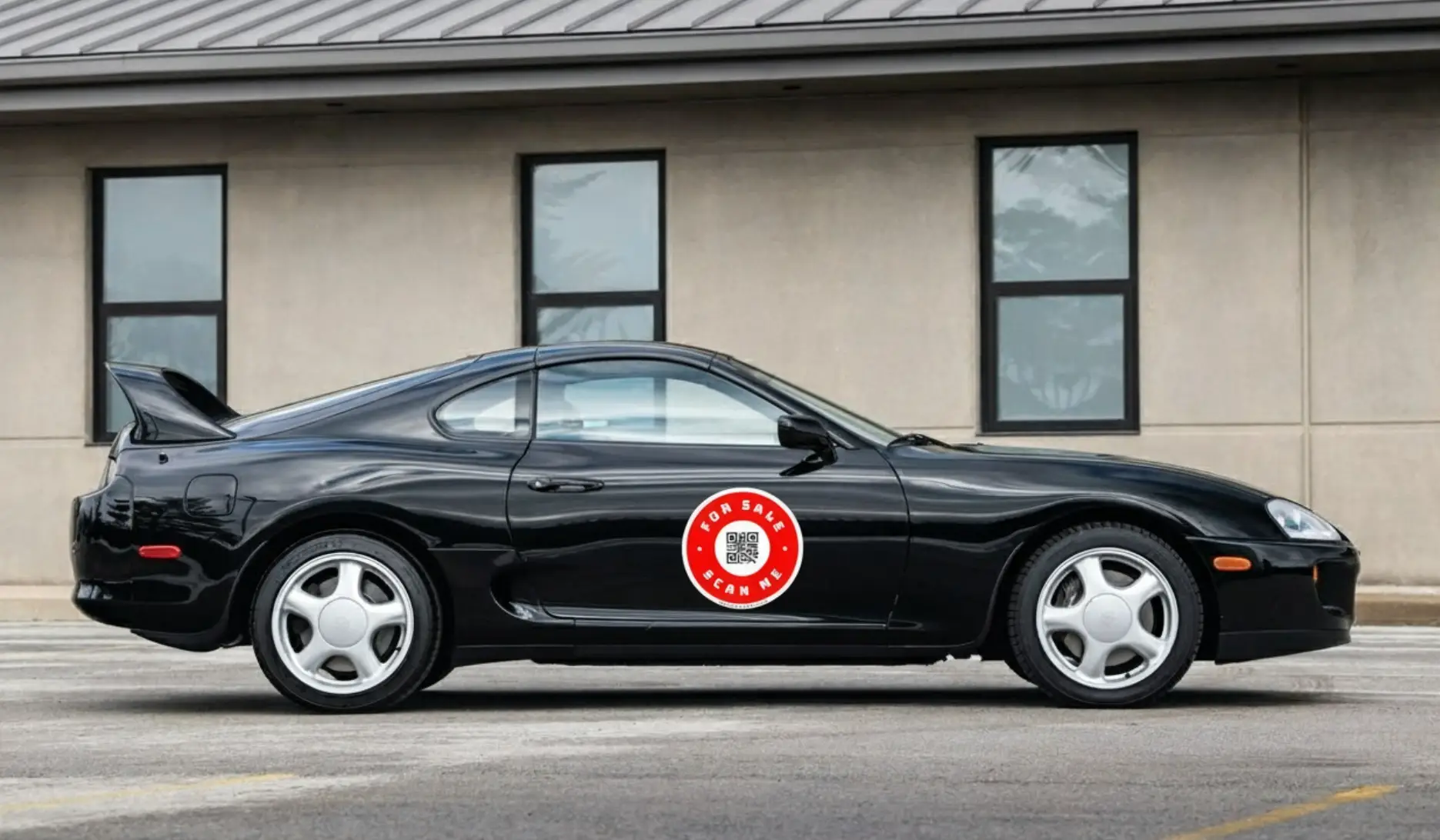How to choose a good car: A simple guide for everyone.
October 20, 2025

Buying a car is a big decision. Some people want comfort and reliability, others focus on savings and practicality. But how do you avoid getting lost in the endless options and choose a truly good car?
This article offers a step-by-step guide to help you make the right choice, avoid extra costs, and enjoy your purchase instead of regretting it.
1. Set Your Budget
The first step is money. Decide how much you’re ready to spend — not only on the car itself but also on maintaining it.
-
New car – zero mileage, warranty, modern features, but higher price
-
Used car – cheaper, but requires careful inspection
Don’t forget to include:
• insurance
• fuel
• taxes
• maintenance
• emergency repairs
2. Understand Your Needs
Ask yourself honestly: what will you use the car for?
| Purpose | Ideal Type |
|---|---|
| City driving | Small hatchback (e.g., Toyota Yaris) |
| Family trips | Crossover or minivan (RAV4, Kia Carnival) |
| Highway travel | Reliable sedan (Camry, Honda Accord) |
| Poor roads / winter | AWD (Subaru Forester, Outlander) |
| Budget-friendly option | Used Toyota, Honda, or Hyundai |
3. Focus on Reliability
If you don’t want to spend weekends at the mechanic’s, choose a reliable brand.
Top reliability brands in 2025:
-
Toyota
-
Honda
-
Subaru
-
Hyundai / Kia
-
Mazda
Avoid rare or exotic cars — they often have expensive parts and harder maintenance.
4. Inspect Before You Buy
Especially for used cars. Key things to check:
-
Have it inspected by an independent mechanic
-
Check the VIN history (accidents, mileage, legal status)
-
Look for rust, repainted panels, dents
-
Test the engine, brakes, suspension
-
Review all documents — they should be clean and legal
5. Consider Maintenance Costs
A good car is not just about the price — it’s about how much it costs to own.
-
Ask how much regular servicing costs
-
Make sure there are repair shops nearby
-
Research prices for common parts
-
Look for real owner reviews
6. Pay Attention to Features
Sometimes it’s better to pay more for a well-equipped car than try to add features later:
-
A/C or climate control
-
Heated seats and mirrors
-
Cruise control
-
Rearview camera
-
Safety systems (ABS, ESP, airbags)
7. Never Skip the Test Drive
Sit behind the wheel and drive it — even just for a few minutes.
The car must feel right to you:
Is it comfortable? Does it accelerate smoothly? Do you like the visibility and layout?
Comparison Table: Popular Brands
| Brand | Reliability Rating | Fuel Economy | Maintenance Cost | Best For |
|---|---|---|---|---|
| Toyota | ⭐⭐⭐⭐⭐ | Low | Affordable | Family, city use |
| Honda | ⭐⭐⭐⭐ | Low | Moderate | Young drivers, highways |
| Hyundai | ⭐⭐⭐⭐ | Medium | Affordable | Budget choice |
| Subaru | ⭐⭐⭐⭐ | Medium | Slightly higher | Winter, poor roads |
| BMW | ⭐⭐⭐ | High | Expensive | Prestige, driving experience |
Choosing a good car doesn’t have to be difficult if you’re smart about it. Don’t get distracted by just the looks or the brand. Focus on reliability, practicality, and your real needs.
And most importantly — take your time. A calm, thoughtful choice is the key to a reliable and long-lasting relationship with your car.




